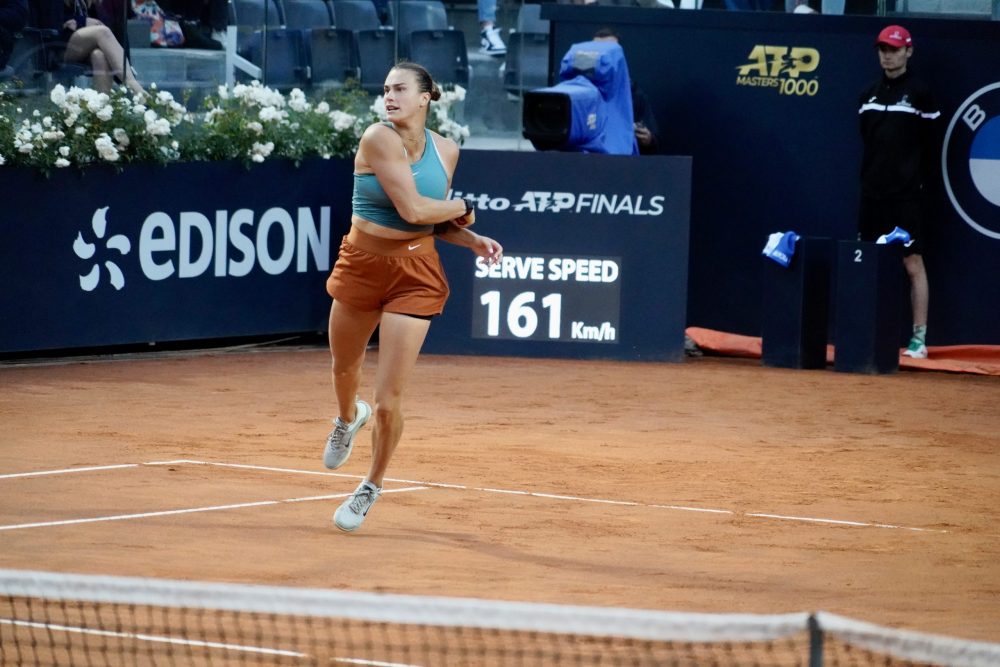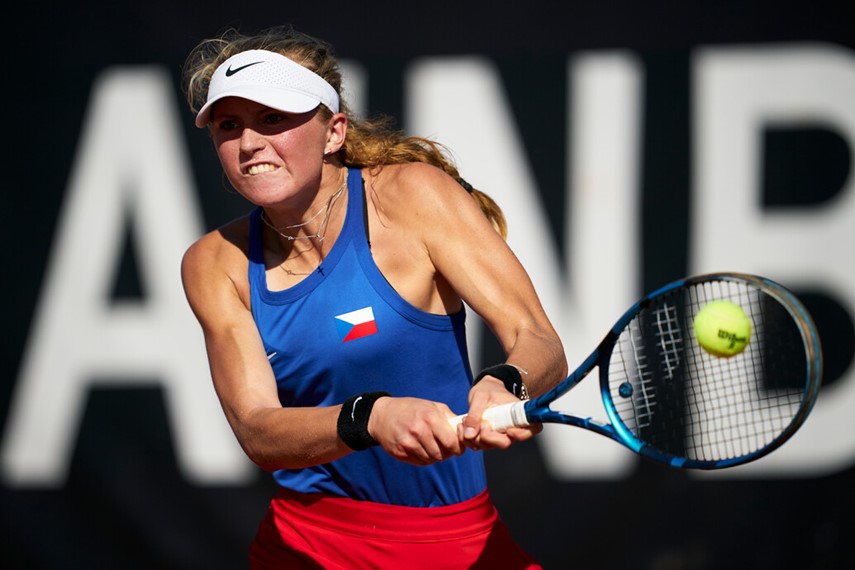Latest news
Jessica Pegula Backs Sabalenka’s Decision To Skip French Open Press Conferences

Latest news
World No.634 Laura Samson Reaches First WTA Quarter-Final At 16
Latest news
Alex De Minaur Overcomes Injury To Fulfil Olympic Dream
ATP
Wrist Injury Threatening To End Holger Rune’s Olympic Dream
-

 Hot Topics3 days ago
Hot Topics3 days agoNo Olympic Village Stay For Novak Djokovic In Paris, Says Delegation
-

 Latest news3 days ago
Latest news3 days agoWorld No.634 Laura Samson Reaches First WTA Quarter-Final At 16
-

 Hot Topics2 days ago
Hot Topics2 days ago(VIDEO) What Is Wrong With Jannik Sinner?
-

 Hot Topics3 days ago
Hot Topics3 days agoFive Talking Points Ahead Of The 2024 Olympic Men’s Tennis Tournament
-

 Focus2 days ago
Focus2 days agoJannik Sinner Withdraws From Olympics Due To Tonsillitis
-

 Focus2 days ago
Focus2 days agoMatteo Berrettini battles past Alejandro Tabilo to reach the quarter final in Kitzbuehl
-

 Focus2 days ago
Focus2 days agoCoco Gauff ‘Proud’ Of Being Named Olympic Flagbearer alongside Lebron James
-

 Hot Topics2 days ago
Hot Topics2 days agoAndy Murray At Peace With Retirement Decision Ahead Of Olympic Farewell






























